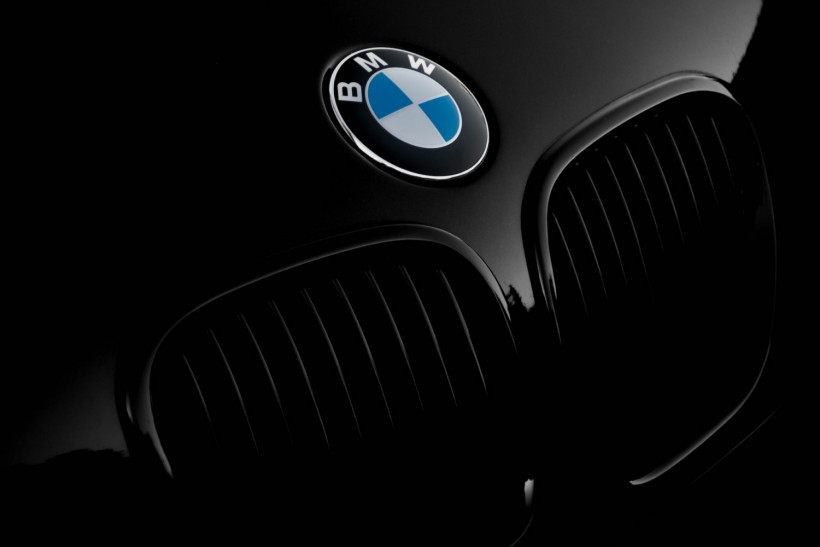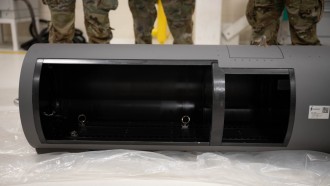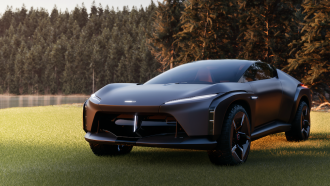BMW, the German manufacturer of luxury vehicles and motorcycles has stopped the production of internal combustion engines (ICE) in its Bavarian plant.
According to a report by Electrek, the facility will undergo transformation, not to mention that it will be an exclusive manufacturing site for electric vehicles (EVs).
Bavarian Plant Embraces Full EV Production

German car manufacturer BMW is relocating its ICE production outside its Bavarian plant. With this move, the luxury vehicle firm is on full throttle to transition to all-electric for the years to come.
BMW's historic Bayerische Motorenwerke plant in Munich, which has been assembling traditional vehicles for six decades, is now transitioning to focus solely on EV production.
The company's decision to halt ICE manufacturing at this location is in line with its goal to transition in a new setting: an all-EV setup.
Related Article: BMW iX5 Hydrogen-Powered SUV Survives Grueling UAE Desert Heat
Relocation of ICE Production to the UK and Austria
While the Bavarian plant evolves into an EV-centric facility, BMW is relocating its ICE production operations to plants in the UK and Austria. Approximately 1,200 employees originally involved in ICE construction in Munich will undergo retraining and be redeployed to contribute to various areas, including EV production within Munich or other locations.
The BMW Steyr plant in Grez, Austria, is poised to become the focal point for V8 engine production, according to reports. Meanwhile, the Hams Hall factory near Birmingham in the UK is set to take on a substantial role in manufacturing other combustion engines, indicating a strategic distribution of ICE production across multiple locations.
Electrifying BMW Lineup
The Munich plant has been home to the production of the all-electric BMW i4 since October 2021. Looking ahead, the facility is anticipated to produce the Neue Klasse starting from 2026. Other electric models, including the iX, i7, iX1, and iX2, are assembled in different BMW plants, emphasizing the brand's diversified approach to EV manufacturing.
Investments in E-Mobility
BMW's commitment to electric mobility is further demonstrated by substantial investments in its e-mobility sector.
A state-of-the-art battery test center is under construction at the BMW site in Wackersdorf, focusing on testing high-voltage batteries and e-drive components. Plans are also underway for the construction of an additional battery factory in the vicinity, showcasing BMW's dedication to advancing electric vehicle technologies.
Despite the shift towards EVs, the automaker remains pragmatic, aiming for 50% of its total sales to come from ICE vehicles by 2030. This balanced approach sets BMW apart from rivals and emphasizes its commitment to accommodating both electric and traditional vehicles in its product portfolio.
Even though Tesla and other big EV firms are ahead of BMW at the moment, the company has already set its goal to be at the forefront of the EV revolution.
In other news, The Korea Times reported that BMW and Mercedes-Benz recently offered large-scale discounts on some of their vehicles.
The industry sources told the publication that the two automakers put up discounts to improve sales amid the economic downturn.









